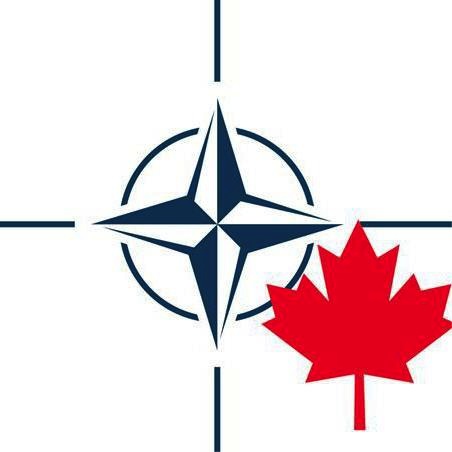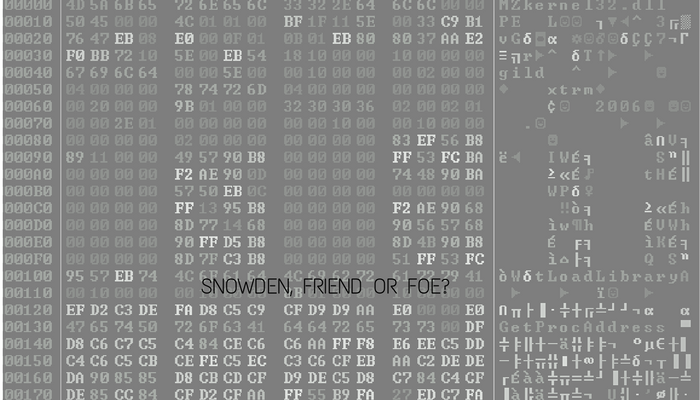On Thursday, September 26, the NATO Council of Canada hosted Alex Corbeil, the NATO Council’s Senior Middle East Advisor, to discuss the origins and present state of the conflict in Syria. Corbeil detailed the root causes of the conflict, described the outside influences and players holding a stake in the crisis, and opined possible solutions both on the ground and from the international community.
[captionpix align=”left” theme=”elegant” width=”300″ imgsrc=”http://natoassociation.ca/wp-content/uploads/2013/09/Untitleds.jpg ” captiontext=”Alex Corbeil at the NATO Council”]
Corbeil’s presentation began with the Arab Spring influences that led to protests in Syria that resulted in a harsh government crackdown. The crackdown inspired further violence until several sects of armed opposition developed to respond to the government’s military solution. A particular strength to the presentation was the detailed analysis of each stakeholder participating in the Syrian conflict: their history, their composition, and their network/financial backers.
As it stands, the armed opposition currently controls approximately 60% of Syria with the regime maintaining control of the majority of the southern half of the state, including Damascus. Corbeil spoke of hopes for a mutually hurting stalemate, wherein each stakeholder acknowledges that a peace agreement would be more beneficial to them than continued fighting, though mentioned that we may not yet be at this point. However, the increased talks between officials from Russia, the USA, Iran, China, and the UN will hopefully help in the work towards a peaceful solution to this ongoing crisis.
A thought-provoking question period followed, which engendered an enlightening debate regarding the conflict. The Council was fortunate enough to host two Syrian citizens who offered an insightful insider take on the situation in Syria today. It is clear that militants on each end of the spectrum have committed atrocities, though media attention to this fact is decidedly limited. It was suggested by discussion participants that those studying the conflict rely not solely on Western media for information.




